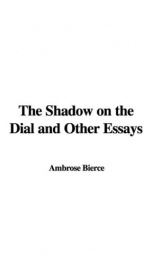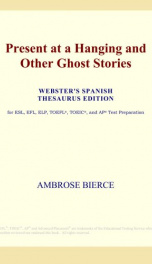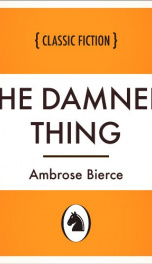The Lock and Key Library

When Poe wrote his immortal Dupin tales, the name "Detective" stories had not been invented; the detective of fiction not having been as yet discovered. And the title is still something of a misnomer, for many narratives involving a puzzle of some sort, though belonging to the category which I wish to discuss, are handled by the writer without expert detective aid. Sometimes the puzzle solves itself through operation of circumstance; sometimes somebody who professes no special detective skill happens upon the secret of its mystery; once in a while some venturesome genius has the courage to leave his enigma unexplained. But ever since Gaboriau created his Lecoq, the transcendent detective has been in favor; and Conan Doyle's famous gentleman analyst has given him a fresh lease of life, and reanimated the stage by reverting to the method of Poe. Sherlock Holmes is Dupin redivivus, and mutatus mutandis; personally he is a more stirring and engaging companion, but so far as kinship to probabilities or even possibilities is concerned, perhaps the older version of him is the more presentable. But in this age of marvels we seem less difficult to suit in this respect than our forefathers were.
Info about the book
Author:
Series:
Unknown
ASIN:
B004TS33LM
Rating:
4/5 (5)Your rating:
0/5
Languge:
English
Users who have this book
Users who want this book
What readers are saying
What do you think? Write your own comment on this book!
write a commentGenre
if you like The Lock and Key Library try:
Other books by this author
Do you want to exchange books? It’s EASY!
Get registered and find other users who want to give their favourite books to good hands!








